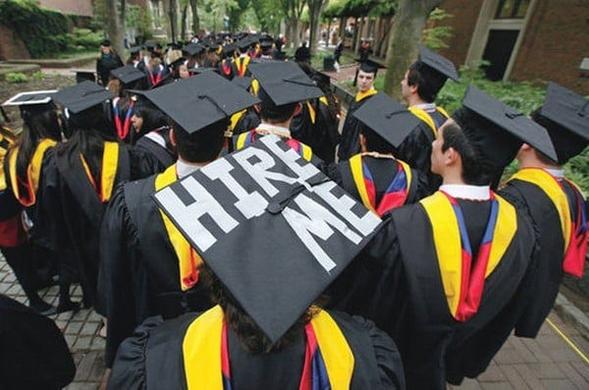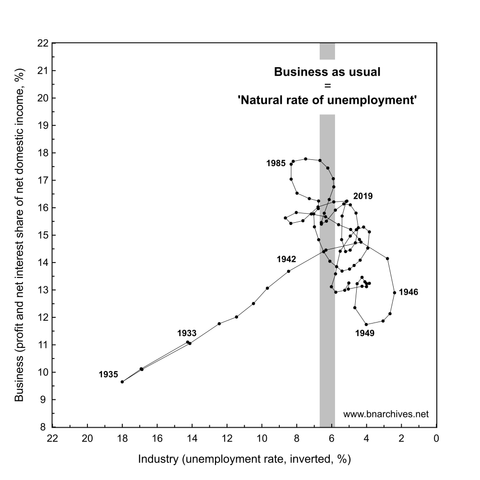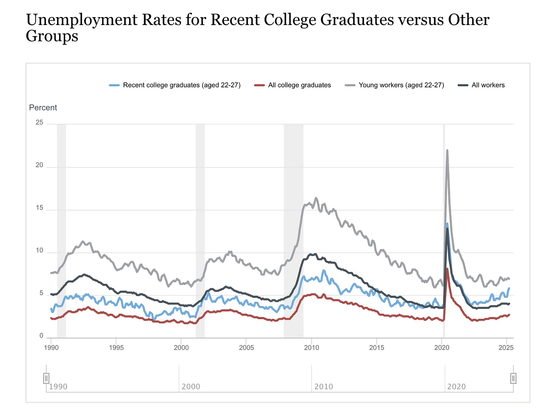@inthehands @ramsey I think there’s a little of 1 and 2. A lot of software I’ve seen built did had very little value and was at best speculative, or a vanity project. Which I think makes 2 much simpler.
I also think it’s a mistake to accept the framing that corporations, or the economy generally, need to be or tends towards efficiency.
I’m coming to think that the economy functions to ensure that those that have power (wealth) retain that advantage and strengthen it. I think it is possible to cause a huge level of destruction while maintaining that.
For the most part the powerful are not competing with each other. That happens, but is rarer, because it is risky. They are instead competing with us, those without power, to ensure their dominance continues and deepens.
I found this essay pretty compelling, and I guess it provided bits of framework for me https://capitalaspower.com/2023/01/bichler-nitzan-the-business-of-strategic-sabotage-2/
(Maybe skip the first paragraphs of academic bashing)



